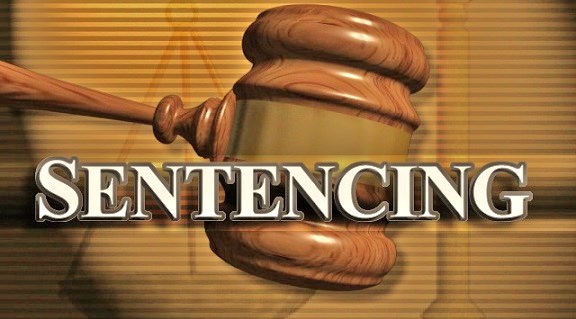An Alberta man accused of running a marijuana grow-op in Grenfell in 2010 and skipping out on his sentencing hearing two years ago will face a new sentencing hearing in Broadview January 20.
At a bail hearing by video from the provincial remand centre in Regina December 28 on charges of trafficking and production of marijuana, Luc D’Abadie did not argue for his release. Instead, whenever the court addressed him he repeated:
“I am an idiot to legalese. If I have given the Court or the Crown any reason to believe I am a surety, the accused or a person in this matter, I apologize. I am a man. If there is no claim from a man or a woman against me, I require that my property be restored immediately and this matter be discharged and closed with prejudice.
Judge Patrick Reis told D’Abadie he was getting some very bad advice and gave the defendant an opportunity to address the matter before the Court.
This tactic of not addressing charges is a facet of a movement referred to as Freemen on the Land (FOTL), which posits statute law only applies to a person if he consents to it.
Proponents, who sometimes call themselves “sovereign citizens,” “natural persons”—or, as D’Abadie does on his website goldencitiesgroup.com “living souls”— believe that any question from an agent of the state, such as a judge, is an offer to contract with statute law and therefore any answer other than refuting the state’s authority amounts to consent.
D’Abadie’s return to Saskatchewan was made possible when Alberta police arrested him on numerous traffic-related charges. Another typical element of FOTL is refusing to possess government identification such as a driver’s licence and not registering vehicles. They claim it is a “natural right” to travel the highways of the land unencumbered by statute.
The federal Crown, represented by Shane Wagner opposed D’Abadie’s release on all three grounds, that he would likely fail to appear again in court, that he is likely to reoffend and that his release would undermine the public’s confidence in the administration of justice.
After giving D’Abadie several opportunities to address the Court with respect to his release, Ries denied bail and asked Wagner if the Crown wanted to proceed to sentencing.
Before D’Abadie disappeared in 2013, he had entered a guilty plea, which still stands on the record.




